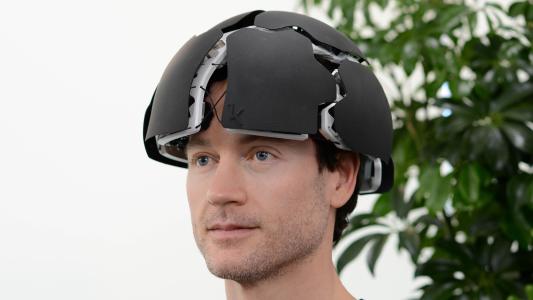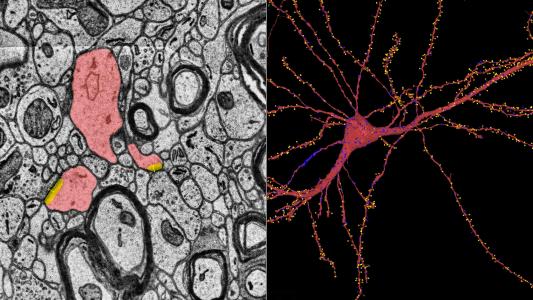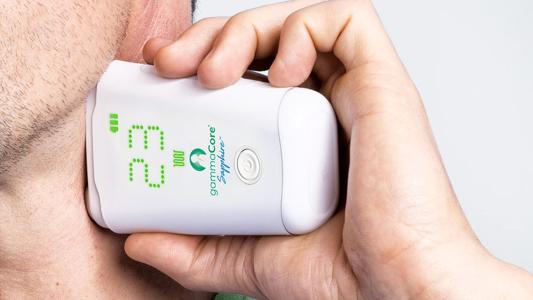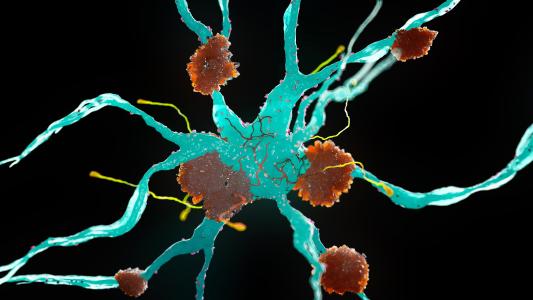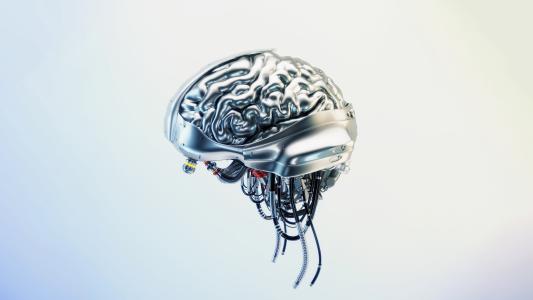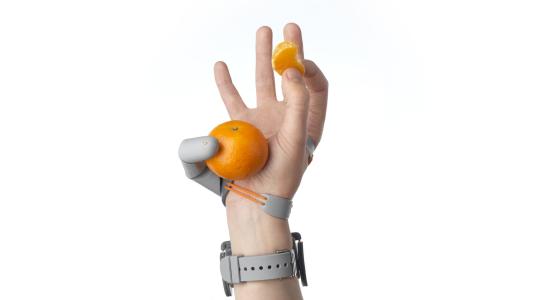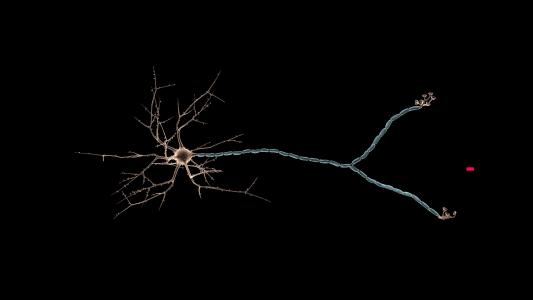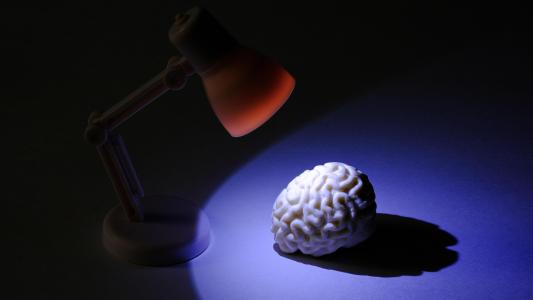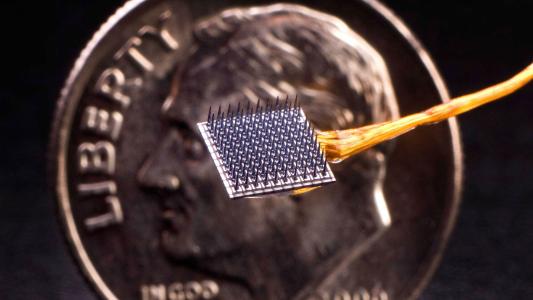Neuroscience
These mind-reading helmets could be a Fitbit for your brain
Kernel has developed two mind-reading helmets that record the same brain activity data as massive, million-dollar machines, but cost just $100,000.
Treatment appears to stop Alzheimer's in monkeys
NYU researchers have modified monkey’s immune system to slow their equivalent of Alzheimer’s disease and improve their cognition.
Google and Harvard have created the most detailed brain map yet
Google and Harvard have released the most detailed map yet, called a connectome, of a section of the human brain.
Neck-zapping device helps sleep-deprived soldiers think
A handheld device that delivers vagus nerve stimulation was shown to combat the effect of sleep deprivation in soldiers.
Hope and controversy: FDA approves first new Alzheimer's drug in decades
The FDA has approved the first new Alzheimer’s drug in decades, but the decision brings not only hope, but controversy.
What happens when your brain imagines the future?
Research out of the University of Pennsylvania suggests imagining the future is a two-brain region job.
Will human augmentation move too fast for our brains?
To show how human augmentation can affect the brain, participants in a new study underwent fMRIs after learning to use a prosthetic called the "Third Thumb."
Experimental procedure zaps nerves to lower blood pressure
Renal denervation, a procedure that uses ultrasound pulses to zap renal nerves, showed promise as a treatment for resistant hypertension in a recent trial.
Hidden Brain podcast's Shankar Vedantam: Why the truth is not always helpful
His new book explores the benefits of self-deception.
New brain-computer interface turns mental handwriting into text
A new brain-computer interface translated a paralyzed man’s “mental handwriting” into text on a computer screen.
